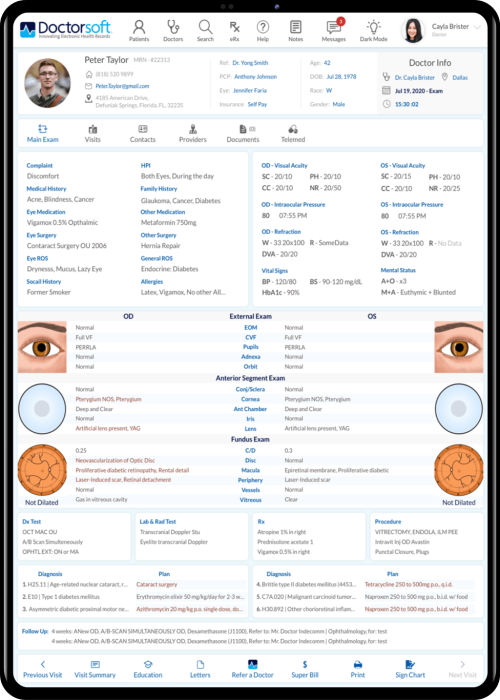Doctorsoft EHR Comes With Built-In ICD-10 Codes
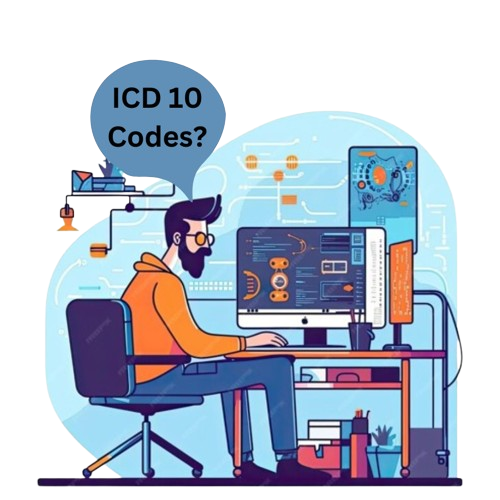

WHAT ARE ICD-10 CODES?
ICD-10 is the standard code setup for reporting diagnoses and inpatient procedures, under the Health Insurance Portability and Accountability Act (HIPAA).
ICD-codes are diagnostic tools for epidemiology, health management, and clinical purposes, which offer a systematic recording, analysis, interpretation, and comparison of mortality and morbidity after data collection.
ICD-10 codes reflect advances in medicine and use the most current medical terminology. Due to the improvement in its flexible format, detailed mapping helps in the identification of diseases with greater code length.
WHY DID ICD-10 CODES REPLACE ICD-9?
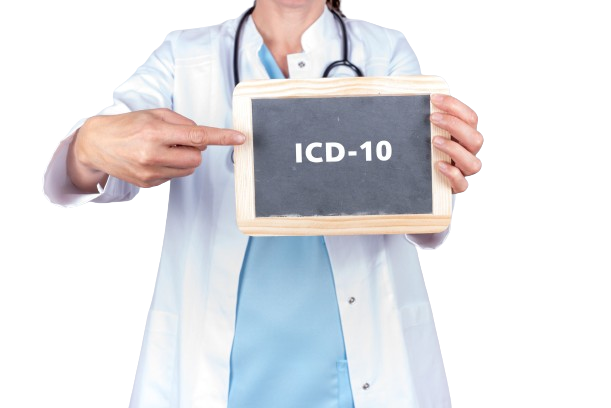

ICD -9 has been used within ophthalmic healthcare since 1979. However, ICD-9 lacks the ability to provide the patient’s granular medical conditions. Under ICD-9, the coding structure is restrictive and the number of available codes is limited.
According to the American Health Information Management Association, ICD-10 provides a better mapping from SNOMED CT, a multilingual vocabulary of clinical terminology that is used to capture the clinical data of the patient’s treatment.
With improvised mapping for computer-assisted coding, SNOMED CT to ICD-10 is improving accuracy, efficiency, and consistency.
Within the healthcare industry, providers, coders, insurance carriers, government agencies, and others use ICD codes to accurately document diseases on health records, track epidemiological trends, and assist in medical reimbursement decisions.
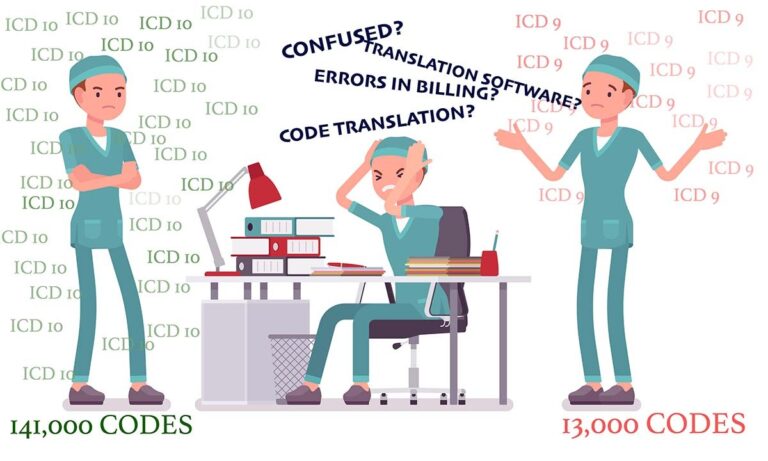
Doctorsoft automates your work flow and instantly translates SNOMED codes into ICD-10 for Superbilling.
Doctorsoft’s powerful software reliably and granularly offers a comprehensive list of ICD-10 codes that meet the requirement of medical billing.
If so, it’s time to speak to one of Doctorsoft specialist.
DON'T BE CONFUSED! ICD-10 CODES IS THE SOLUTION!
- Providing the benefit of value-based reimbursement.
- Managing the billing procedure. Simplifying medical claims processing.
- Measuring the clinical, financial, and administrative performance of a practice.
- Reporting about new medical technology.
- Improving patient care and disease management processes.
IS IT NECESSARY FOR YOUR EHR TO UPGRADE TO ICD-10?
Yes! ICD-10 is mandatory for physicians in order to receive payment for the services they render. Not upgrading to ICD-10 will negatively affect reimbursements from the US government and insurance carriers. Although HIPAA code set requirements only apply to HIPAA electronic transactions, it would be burdensome for the healthcare industry to use ICD-10 in electronic transactions and ICD-9 in manual transactions.
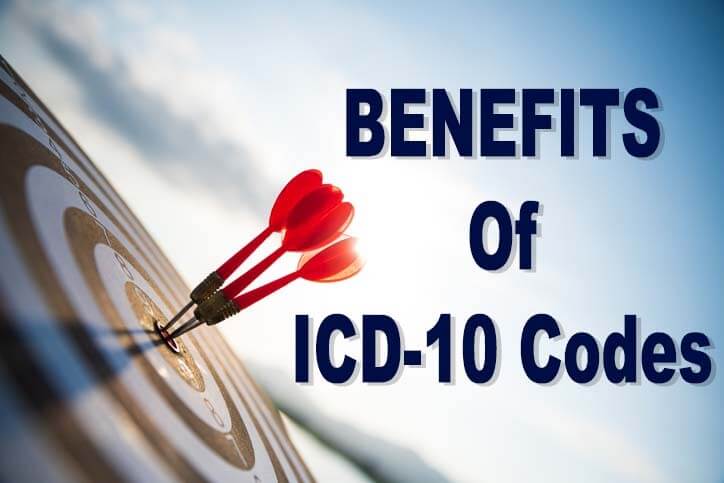
Although ICD-10 may seem more cumbersome than ICD-9, there are obvious benefits. More accurate and specific codes will help to clarify the true diagnosis of the patient’s disease.
The transition to ICD- 10 code-setup is a major change in providing the the most appropriate treatment after the disease evaluation. This coding method is capable of fulfilling all the requirements of the physicians which ICD-9 is lacking. Transition to ICD- 10 has advantages. One example being that it makes the data comparison easier as related to mortality and morbidity along with improving the quality of data.
ICD-10 FINAL RULE
Within the US healthcare industry, the reformation of the clinical cataloging system went into effect (The International Classification of Diseases, Tenth Edition (ICD-10) on Oct 1, 2015.
The World Health Organization (WHO) develops and publishes ICD codes, national governments and other regulating bodies across the world have adopted the system. Every year new updates are published by the World Health Organization.
Click here to learn more about ICD 10 Codes
